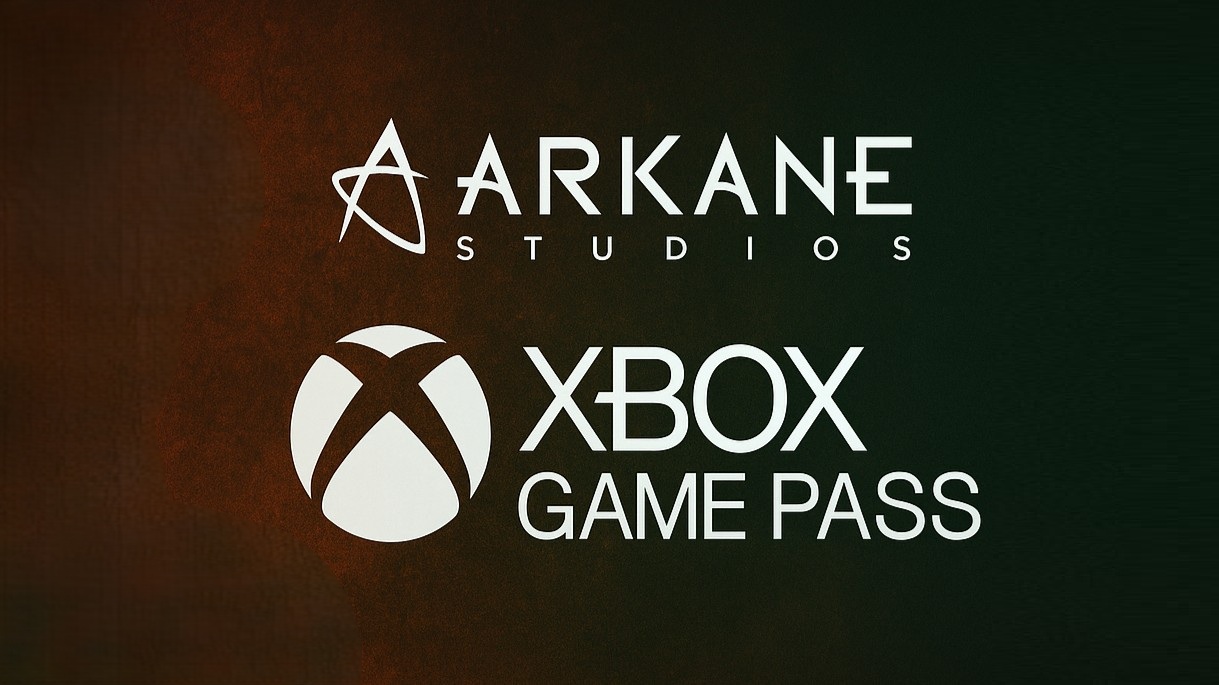Summary
- Raphael Colantonio, Arkane Studios founder, criticised Xbox Game Pass as an “unsustainable” and industry-damaging model.
- He suggested Game Pass could coexist without harming other business models only if it is limited to back-catalogue titles.
- Colantonio argued that Microsoft’s “infinite money” subsidises Game Pass, but reality will eventually catch up.
- He highlighted concerns about the subscription service cannibalising traditional game sales.
Arkane Studios Founder’s Critique of Xbox Game Pass
Raphael Colantonio, the creative force behind Arkane Studios’ hits like Dishonored and Prey, recently spoke out about Xbox Game Pass, calling it “the elephant in the room” after Microsoft’s recent layoffs.
He described the subscription model as “unsustainable” and said it has been “increasingly damaging the industry for a decade.”
Colantonio believes Game Pass relies heavily on Microsoft’s seemingly “infinite money” to keep going, but warns that eventually “reality has to hit.” He argued the model can’t coexist with traditional game sales and predicted it would either wipe out other business models or fail entirely.
One of the biggest issues Colantonio and others raise is the “cannibalization” of game sales. When games launch on day one on Game Pass, players technically don’t buy the game; Microsoft pays for it to be on the service. While this “derisks” projects for smaller developers, the payment structure may not fully compensate for lost direct sales revenue.
Michael Douse, publishing director at Larian Studios, added to the conversation, expressing worry about what will happen “when all that money runs out.” He also praised Sony’s “lifecycle management” approach as a better alternative.
To avoid damaging the industry, Arkane Studios’ founder suggested that Game Pass should be limited to back-catalogue games only. This approach, he believes, would allow the subscription service to exist without harming the sales and profitability of new releases.
Industry Reactions and Future Outlook
Other developers have also voiced concerns over the subscription model’s long-term effects on the gaming ecosystem. Despite these critiques, Microsoft continues to invest heavily in Game Pass, expanding its catalogue with many retro titles and day-one releases.
For now, Game Pass remains a key part of Xbox’s strategy. Whether it can evolve into a more sustainable model without hurting developers and the industry remains to be seen.

